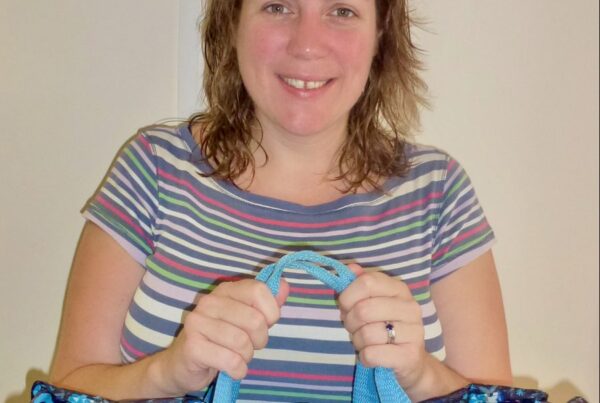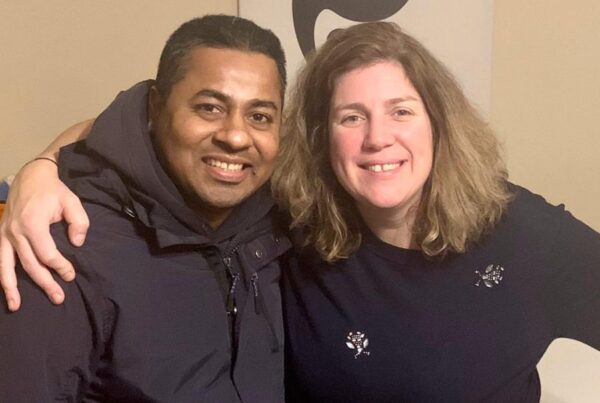Writing can feel a bit tricky sometimes, especially when you’re dealing with dyslexia, but don’t worry! With a few helpful tips, you can write a fantastic 500-word story that you’ll be very proud of.
Here’s how:
- Planning your ideas
Often individuals with dyslexia can see the overall story plot, but struggle to organise their thoughts. So, try talking through your initial ideas with a family member or friend, it can help to start to get some of your thoughts into order and encourage you to look at some of the smaller parts of the story – like the characters and setting.Then before you start writing, it can help to map out your thoughts visually. A mind map is a great way to organise your ideas. Begin with your main idea in the centre, and branch out with supporting details like characters, plot twists, or settings. This helps give structure to your story before you start writing. Don’t forget to start with some pictures, this helps you to visualise the finer parts of the story, like the characters and setting, before you have to start putting it into words. - Break it down into bite-sized chunks
Writing an entire story at once might feel overwhelming, so break it into smaller sections. Start with just a sentence or two. Then, build from there. You could focus on writing just the introduction today and work on the middle or ending tomorrow. Step by step, it’ll come together. - Use assistive tools
There are fantastic tools out there designed to support writers with dyslexia. Speech-to-text software can help you get your words down without the pressure of spelling, while proofreading tools can catch grammar or punctuation mistakes. Grammarly or text readers can also make editing your story easier. - Use short, clear sentences
When it comes to writing, shorter sentences are often clearer and easier to manage. Plus, they help your readers understand your story better. Don’t worry about using fancy words or complex sentence structures – your creativity will shine through even in simple sentences. You could use word banks to help you think of different words for sentence starters, connectives and adjectives. There are lots available on the internet. - Ask for feedback
You could read your story aloud to a family member or friend. Ask them if they can picture the setting, the characters, the events – see if their picture in their mind is the same as you. If not, do you need some more descriptive words or change how you might have explained something? If you don’t want to read aloud, then use software to read it for you, many versions of Word have this facility. Be proud – share your work and enjoy the praise for your creative ideas!
Ready to Get Started?
Remember, your story is unique to you, and Dyslexia doesn’t have to stand in the way of telling it. If you’d like more support or guidance with your writing, The Owl Centre offers specialist services for people with dyslexia, which you can find more information about at www.theowl.org/dyslexia-spld-assessment/
Good luck, and happy writing!












